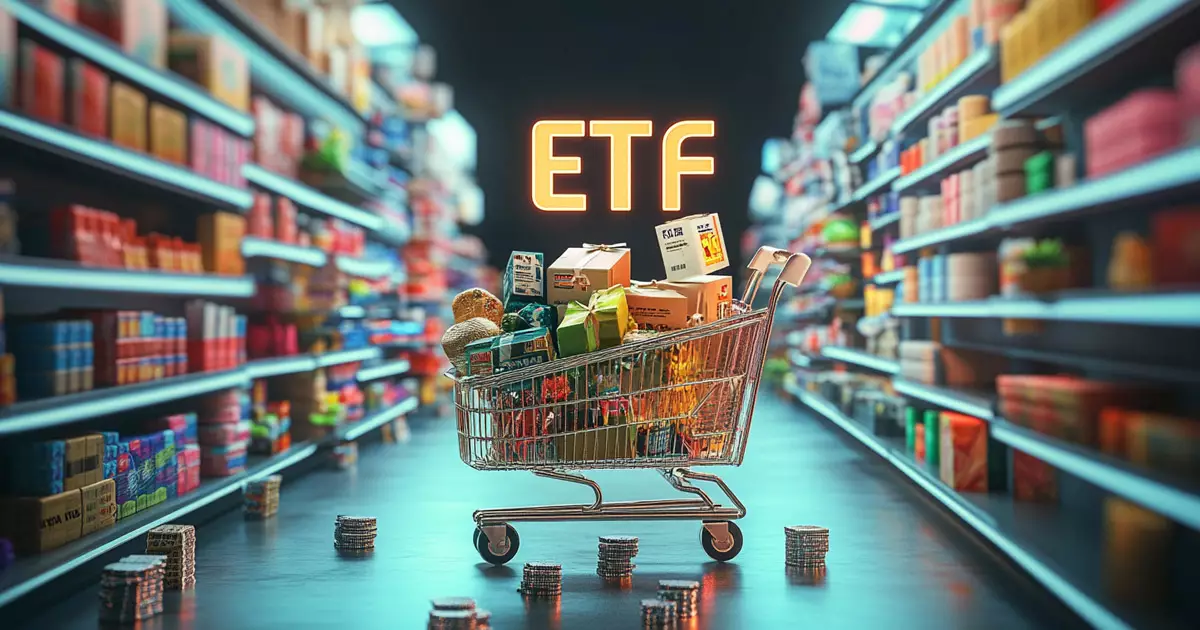The Digital Chamber (TDC) has recently made a plea to Congress to pass legislation that would categorize certain non-fungible tokens (NFTs) as consumer goods rather than subjecting them to federal securities laws. This request comes in the wake of increased scrutiny from the Securities and Exchange Commission (SEC), particularly through actions taken against NFT marketplace OpenSea. The move has sparked concerns over regulatory overreach and its potential impact on the NFT market.
TDC’s stance is that NFTs created for personal consumption, which includes digital art, collectibles, and in-game assets, should not be considered financial instruments. The organization contends that these tokens are predominantly purchased for individual enjoyment rather than as investment vehicles, and occasional resale for profit should not automatically categorize them as securities. The group’s 2023 Pixels to Policy report supports this claim, suggesting that many NFT applications do not meet the criteria of investment contracts.
The recent enforcement actions by the SEC against OpenSea and other NFT platforms have raised concerns within the digital asset industry. The fear is that the regulatory ambiguity and potential overreach could hinder innovation and drive NFT creators and companies to seek more favorable jurisdictions overseas. TDC has criticized SEC Chair Gary Gensler’s approach, stating that the livelihoods of individuals who depend on NFTs for their businesses and passions are at risk due to the lack of legislative clarity.
TDC is urging Congress to establish clear guidelines that differentiate consumptive-use NFTs from traditional financial products. The organization emphasizes that treating NFTs as consumer goods, similar to collectibles or artwork, would promote growth and innovation within the industry. The potential economic ramifications of continued uncertainty regarding NFT regulation could have far-reaching effects on both the sector and the broader U.S. economy.
As the debate over NFT regulation continues to unfold, finding a balance between consumer protection and fostering innovation will be crucial. Establishing a clear legal framework that distinguishes NFTs created for personal enjoyment from speculative financial instruments could provide much-needed stability for the industry. Only through collaborative efforts between industry stakeholders and lawmakers can a sustainable and secure environment for the NFT market be achieved.



















Leave a Reply